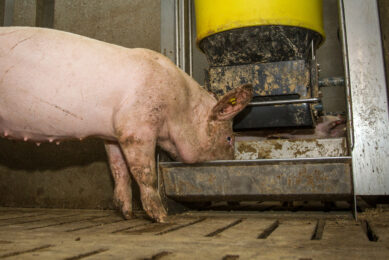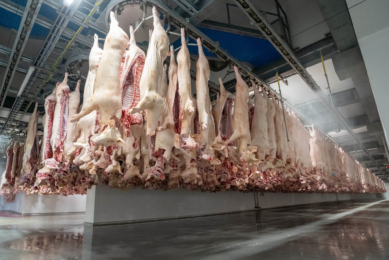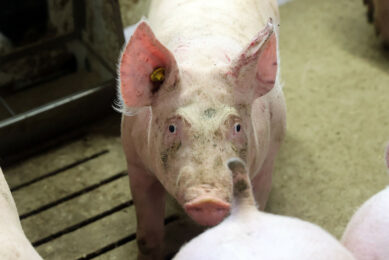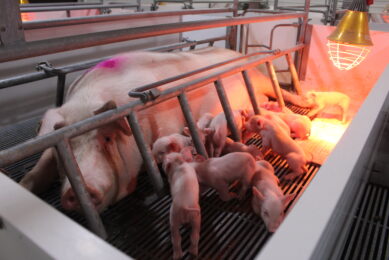Russian pig farmers request renewal of soft loan programmes
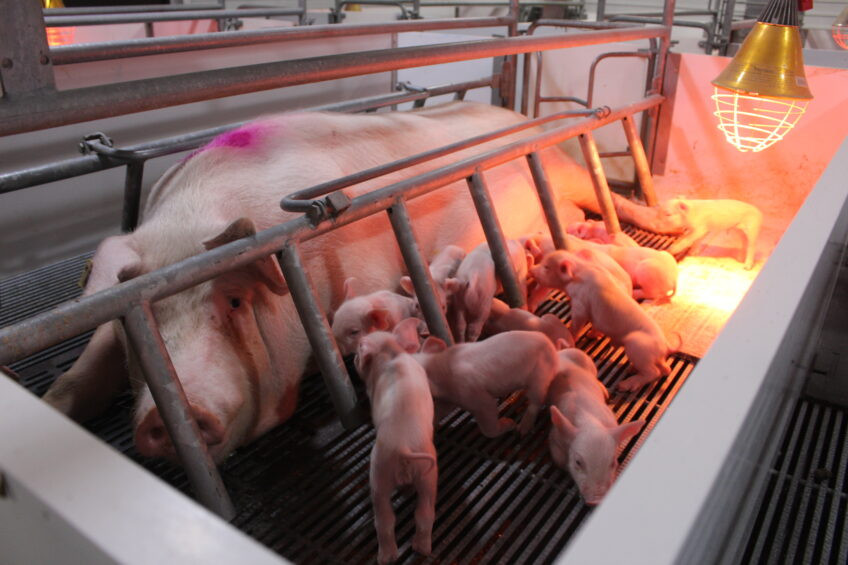
The Russian Union of Pork Producers has called on the government to re-introduce the soft loans programme for the industry. This programma ceased in 2018, when the targets of the food security doctrine were met.
The Russian Agricultural Ministry considers the idea of resuming the soft loan programme in the pig industry, Sergei Voskresensky, Director of the Department of Livestock and Breeding of the Ministry of Agriculture, revealed during a Pig Breeding-2024 conference in Moscow.
The preferential investment lending has been stopped since 2019, meaning that the last loans with soft interest rate were issued in 2018, Yuri Kovalev, chairman of the Union outlined during the same event. “That was a reasonable decision aimed to avoid market oversupply,” Kovalev stated.
During the last 5 years, Russian pig companies could seek subsidised loans only for building feed mills, genetic centres, slaughterhouses and processing capacities. The move helped to slow down the growth in the industry, Kovalev said.
A new era
However, the situation in the Russian financial sector has changed dramatically over the past few years. The Russian Central Bank increased the key interest rate on loans to 21% during the board meeting in October 2024 to prevent the economy from heating up. Local economic analysts predict a further rise in the benchmark rate to 23% as inflation in the country shows no signs of abating.
The strict monetary policy has made commercial loans nearly unaffordable for the Russian pig industry. As a result, the Union of Pork Producers has recently forecasted that the industry’s growth in the coming years will be limited to only a few percent per year, signaling a threat of stagnation.
Production rises
However, the Russian pork production keeps growing in 2024. During the first 9 months of the year, the output in the industry climbed by 5.5% compared with the previous year to 4.8 million tonnes in slaughter weight, Voskresensky said. According to the Ministry’s forecast, Russian pork production will reach 6.2 million tonnes this year, up from 6 million tonnes in the previous year.
Profitability risks
Soft loans are needed because the profitability situation in the Russian pig industry looks worrying, Kovalev noted. Between 2023 and 2025, the cost of production pork is projected to jump by 20% to Rub 90 per kg (Eur 0.9) primarily on the back of rising grain prices.
Against this background, new projects in the industry are expected to be unprofitable in the next 8 to 10 years, Kovalev stated. Moreover, without a rise in prices, at least within the limits of inflation, even some of the existing farms are at risk, he emphasised.



